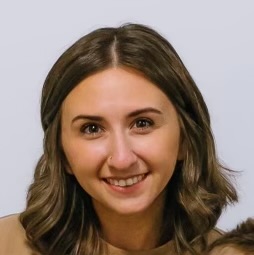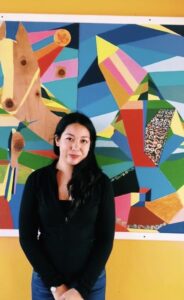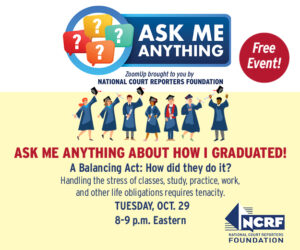By Elisa Greenwald
The most challenging part of court reporting school is learning the vital information about one’s self that is virtually unteachable. Since the course is unique to each individual, in terms of writing style and different strengths and weaknesses, it forces students to essentially become more aware of how to teach themselves. Herein lies the probable secret to success. Students must become vigilant about learning techniques that work best for them and focus on overcoming their personal weaknesses to achieve success in court reporting.
While I was still learning theory, I read an inspirational message in my theory textbook that has always stuck with me. It quotes Confucius as having said, “Choose a job you love, and you will never have to work a day in your life”(1, pg 179). Initially, this sounds like an obvious statement and also a dream come true. When you are passionate about what you do, you develop a relationship with that part of you. A hidden aspect of this quote is the hard work and dedication that goes into a stable relationship. True love involves a deep understanding between partners, and in this case it is vital to realize who the two partners are. The relationship exceeds how students feel towards material taught; one must have the desire to know how to retain all the information and develop the skill necessary to prevail.
Students must be driven to discover what works for them individually and then aggressively take the necessary steps they have created to achieve greatness. This can be compared with a chef learning how to cook and the love that goes into his craft. The recipe is the basic outline, but a true chef understands each meal needs to be seasoned and prepared accordingly. Here the chef delivers through the tried and tested techniques developed due to his desire for the perfect taste. “We love to do what we do well” (1, pg 179); and it is impossible to do much well without true devotion invested in it.
Throughout the process of figuring out one’s own components of a personal structure of learning, there could be a lot of uncertainty about the methods in which to proceed. Navigating this uncharted territory and possibly faltering a bit should be viewed as just another step in the learning experience. It is important for students to try things and see what works for them personally and to constantly adapt the execution of tasks based on the mistakes made. “Not being afraid to take calculated, well-thought-out risks and seeing failure as a necessary part of being successful will allow students to reflect on where they have been, where they are presently, and enable them to plan for their future” (2, pg 53). The realizations students come to after making some missteps allows them to reflect, grow, and embrace change as a necessary part of success.
There are many things in life that require a similar approach to learn and to attain a mastery of a certain skill. Through the theory of learning known as “constructivism,” knowledge is built on experiences and then thinking about and reflecting on those experiences. As a student ponders things, modifications are made as to what was thought before, allowing a construction of new knowledge (3, pg 53). This basis of thinking can be compared to the game of chess. In an article from the January 2014 Journal of Court Reporting, Jen Krueger compares the parallels of becoming a chess master to those of becoming a skilled court reporter. Both take an extreme amount of discipline in terms of taking time to think of ways of establishing your craft. “Thinking about what you are doing and remembering how to do it builds knowledge that, in turn, allows you to build the skill to execute game-winning strokes”(3, pg 55).
Court reporting is not a class that one can simply show up for, digest some information, and regurgitate it out for a test. It takes a keen understanding by each student to discover their own personal ways of learning and practicing. Without this reflective process and execution of the methods that work best for the student, success will be out of reach. However, with this approach, discipline, and determination, students will be well on their way to becoming masters in the art of steno.
Elisa Greenwald from Business Informatics Center, Valley Stream, N.Y., won the $1,500 CASE scholarship for this essay.






